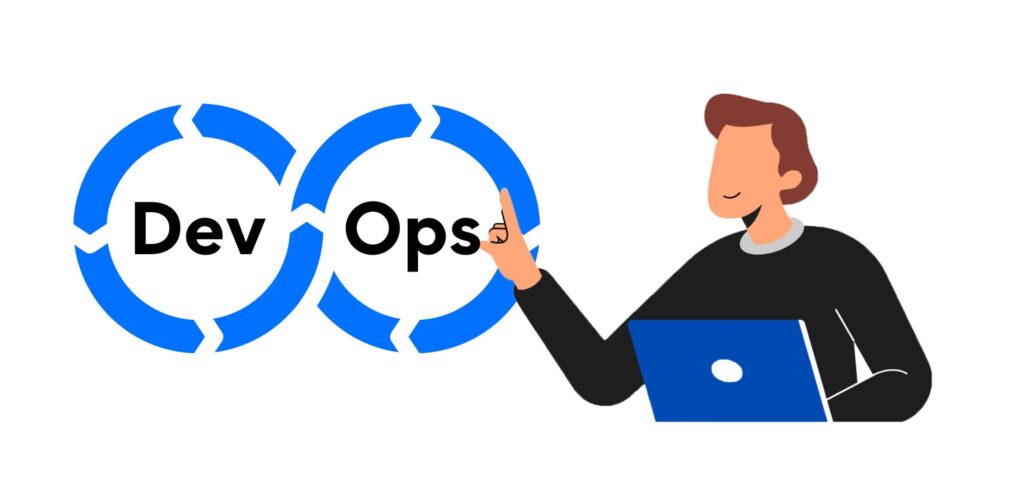
Security Best Practices in Salesforce DevOps
In today’s rapidly evolving digital landscape, security is a cornerstone of successful Salesforce DevOps implementations. Protecting sensitive data and maintaining system integrity is critical, especially in environments that continuously integrate and deploy updates. This article outlines key security best practices that Salesforce developers and administrators should follow to ensure robust security in their DevOps processes.
1. Implement Strong Access Controls
One of the most crucial aspects of Salesforce security is access control. Limiting access to critical systems and data is vital to prevent unauthorized activities. Use role-based access controls (RBAC) to ensure that users only have access to the information and tools they need. Regularly review user permissions to remove unnecessary privileges. Multi-factor authentication (MFA) should also be implemented to add an extra layer of security.
Additionally, adopt the principle of least privilege (PoLP), ensuring that users have the minimum level of access required to perform their duties. This reduces the potential attack surface and mitigates the risk of insider threats.
2. Secure CI/CD Pipelines
Continuous Integration and Continuous Deployment (CI/CD) pipelines are at the heart of DevOps processes. Securing these pipelines is essential to prevent the introduction of vulnerabilities. Start by ensuring that all code is scanned for vulnerabilities before being deployed. Use static code analysis tools to detect security issues early in the development cycle.
Encrypt all data transmitted through the CI/CD pipeline to protect it from interception. Furthermore, implement automated testing for security vulnerabilities as part of your CI/CD process. This approach helps in identifying and addressing potential security issues before they reach production.
3. Monitor and Audit Salesforce Environments
Regular monitoring and auditing of Salesforce environments are vital for maintaining security. Implement logging and monitoring tools to track user activities and system changes. These logs should be analyzed regularly to detect any suspicious behaviour or potential security incidents.
Set up alerts for any unusual activities, such as unauthorized access attempts or data breaches. Regular audits of the Salesforce environment help ensure compliance with security policies and identify areas that require improvement. Additionally, keeping your Salesforce environment up to date with the latest security patches and updates is crucial for safeguarding against known vulnerabilities.
Conclusion
By following these best practices, organizations can enhance the security of their Salesforce DevOps processes. Implementing strong access controls, securing CI/CD pipelines, and monitoring Salesforce environments are key steps to protecting sensitive data and maintaining system integrity. As the digital landscape continues to evolve, staying vigilant and proactive about security will be essential for Salesforce Marketers.


